Black Heroes During the Revolutionary War
- June 10, 2021
- 4 min Reads
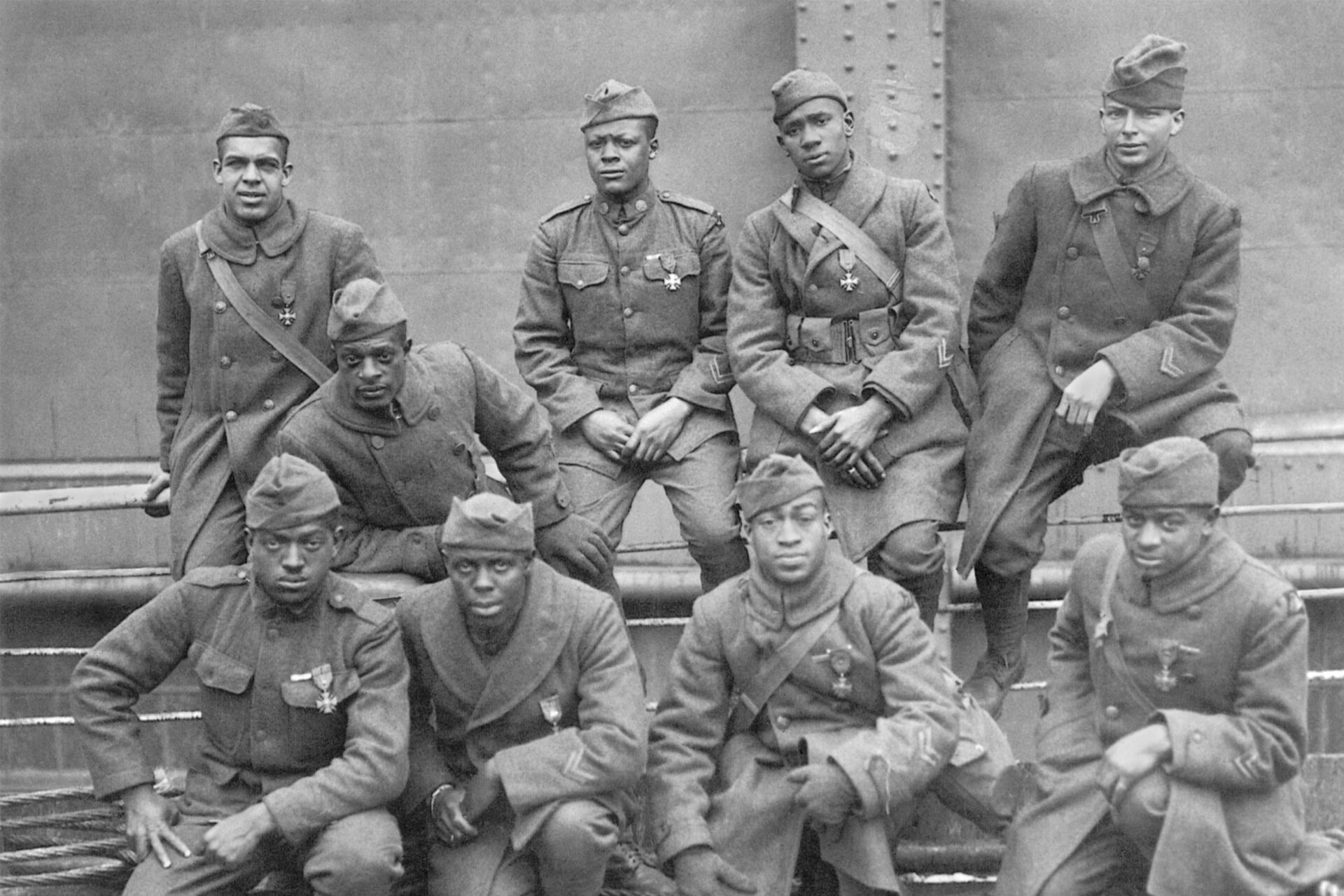
Slave labor helped build several notable structures like the Capitol and White House in the United States of America. Their sacrifices built the country during the American Revolution.
The Black Americans are no doubt the heroes who fearlessly participated in large numbers from both sides during the wars. They were not fighting for maintaining British supremacy or independence but took up arms to free themselves from the shackles of slavery.
According to historians, 5000-8000 African-American people fought together with the patriots and over 20,000 served the crown fighting with extraordinary skills and bravery. There were several crucial contributions from exceptional individuals worth remembering throughout history.
Significance of American Revolution War
After the American Revolution War (1775-83), 13 colonies of GB in North America won independence and formed the USA. This war was the result of a growing tension simmering for decades between the Crown in Britain and an influential and large segment of its colonies in North America.
Until 1778, this was just a civil war but after France joined in the early part of 1778 and later Spain to fight the British. The Netherlands provided both financial support and official recognition to the United States and engaged in the water against GB too. Right from the start, the domination of the ocean water during war determined its results.
This gave some flexibility to the British strategy and compensated for the small troops they sent. This enabled the French to ensure the surrender of the British at Yorktown.
Black heroes of the war
1. Crispus Attucks: Patriot Martyr
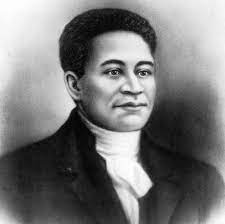
He was of indigenous African descent and escaped slavery, became a rope maker and sailor to earn his living. Attucks participated actively in the conflict on March 5, 1770, when the simmering tension originating from competition and distrust between the colonial sailors and the British reached a boiling point, followed by angry confrontations.
This led to the infamous Boston Massacre. Crispus Attucks was among the colonists killed and was the first one felled by musket balls. This made him one of the first African-American martyrs in the war of independence from the British.
2. Phyllis Wheatley, Patriot and Abolition Poet
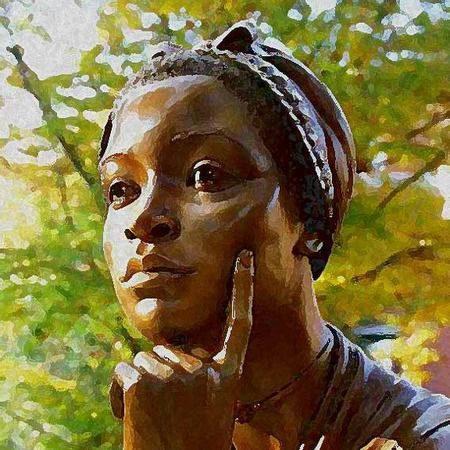
In the Black History books, the experiences of Phyllis Wheatley were rare because her owners encouraged literary pursuits and educated her. At twenty, she became the third woman and the first person of color to publish a poetry book in the colony. After the release of the book she became free and her work consisted of anti-slavery message.
This revolutionary intellectual waged war through her words and influential colonists admired her poems, praised her talents. She supported the Revolutionary War through her poems and even George Washington extolled and supported her talent.
3. Peter Salem, Colonial Hero
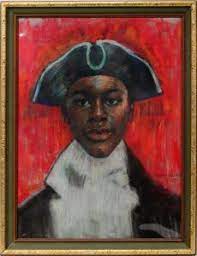
This Black patriot contributed crucially at the beginning of the war and sealed his position in history with his role at the Bunker Hill Battle in 1775. Here the British Army defeated the Patriots but this was not a complete loss for them. They killed many Redcoats and this gave them the zeal to continue fighting.
Historians credit him with the killing of Major J Pitcairn, a key person for the crown, demanding the surrender of the Patriots. John Trumbull immortalized the valor of Salem in his painting of the event.
4. James Armistead Lafayette, the Double Agent
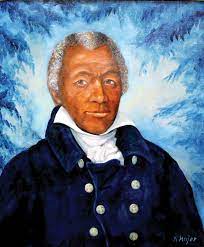
This former slave in Virginia became a famous double agent, a conduit for misinformation and intel between the warring sides. His job was to infiltrate the enemy so he joined the British army to become a strategic resource.
Later the British wanted him to spy on the Patriots turning him into a double agent yet his loyalty was with colonists and pushed incorrect data to the British army.
This helped the Americans to execute the Yorktown Siege, a decisive success and this ended the fight. Years later, the testimonial from General de Lafayette, gained his freedom and he changed his title to Lafayette.
5. The First Rhode Island Regiment: Integrated Revolutionary Force
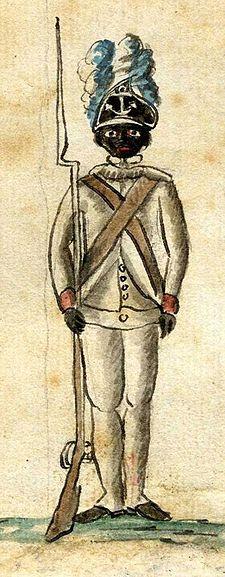
1n 1778, the legislature of Rhode Island allowed enslaved and free Blacks to take part in the war. The Patriots gave the promise of freedom to the slaves for the services rendered for the cause.
The first regiment had 130 men and they succeeded in the Rhode Island Battle showing desperate valor immortalized by historians and praised for their fierce loyalty. They stood apart neatly dressed, with precise maneuvers, and perfect under arms.
6. Colonel Tye, Loyalist Guerrilla
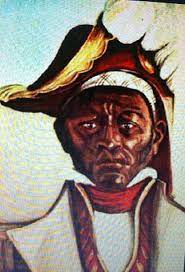
Colonel Tye (Titus) was a prominent guerilla leader of the American War. When he fought for the English army, the Patriots feared the raids; yet their slaves wanted his help for liberation.
Tye served as a slave in New Jersey and escaped his brutal master to join the English army in 1775. The Crown offered liberty to any slave upon enlisting. Instead of stationing him at the battle, they found value in his knowledge of New Jersey territory.
This territory sat between the center of power in Philadelphia for the Patriots and New York with British occupation. The Redcoats wanted this middle region and believed in the ability of Tye.
He excelled in raid warfare attacking the lands owned by the Patriots. The Black soldiers took supplies, freed slaves, plundered homes, and assassinated slaveholders known for cruelty. The English bestowed him with Colonel rank in recognition of his contributions in their success. Tye is still a symbol of strong and fearless resistance.
Additional Read
Black Women who Changed the Perspective for African-Americans.
Conclusion:
Even with such memorable contributions from the Blacks, only a few slaves gained freedom after the War despite the lofty promises of justice and liberty for all. It was only later in 1804, the Northern states abolished slavery and the Southern states continued the practice until the end of the Civil War.


